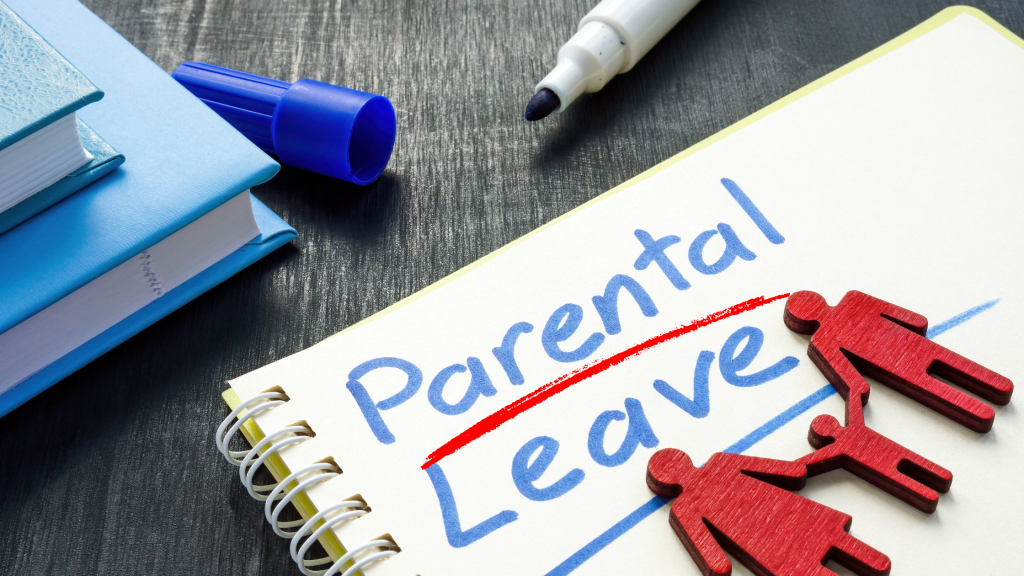
What is Parental Leave?
Parental leave, also known as unpaid leave, is a right for working parents to take time off work to care for their children or make arrangements for their welfare.
It provides a significant benefit for working families, and allows parents to take time off work to focus on crucial early stages of their child’s development without the stress of job insecurity.
In the UK, eligible employees can take up to 18 weeks of parental leave for each child or adopted child, up to their 18th birthday. However, the limit is four weeks per child per year, unless the employer agrees otherwise. It can be used for a variety of reasons, including:
- Spending more time with children
- Looking at new schools
- Settling children into new childcare arrangements
- Spending time with family, such as visiting grandparents
Confused about Parental Leave?
The right to take parental leave is independent of the right to take maternity, paternity or adoption leave.
- It’s accessible to both birth and adoptive parents, as well as to any individual who has or anticipates having parental responsibility for a child. However, certain criteria must be met.
- Employees can take 18 weeks of unpaid parental leave for each child they are responsible for. Part-time employees receive a pro rata amount.
- There is no statutory pay. Therefore, any periods taken will be unpaid. However, the employee will continue to benefit from statutory rights.
- You must take parental leave in whole weeks (e.g., 1 week or 2 weeks) rather than individual days. However, if your child has a disability, you can take it one day at a time. You can take up to four weeks per child each year.
- You can extend up to a maximum of 18 weeks and is available until the child reaches their 18th birthday.
- It applies to each child not to an individual’s job.
Parental leave entitlement typically operates alongside other leave categories, including maternity, paternity, and adoption leave.
It is crucial to verify eligibility criteria with your employer and understand the correct procedure for notification in these instances. Remember, parental leave is strictly for child care responsibilities. Misusing this provision can lead to disciplinary action
Do you need further support? If so, it’s crucial to get the right advice. We’re here to provide you with the support and guidance you need.
Call Paul on 01706 565332 or email info@metishr.co.uk and book your FREE consultation.


